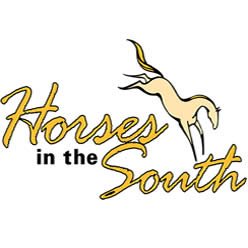Tip of the Week – Colic or Diarrhea
Horses may have colic without diarrhea, diarrhea without colic, and colic with diarrhea, depending on the cause. Colic is defined as acute abdominal pain. Colic does not indicate the cause, location, or source of the abdominal pain. Diarrhea is defined as passage of fecal material that has increased water content. There are many types and…
